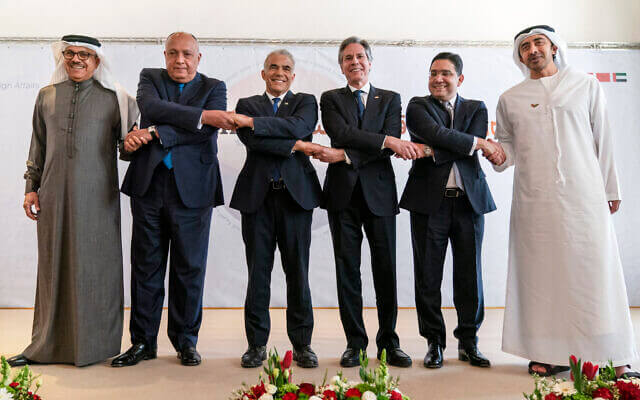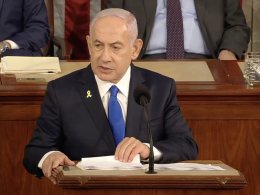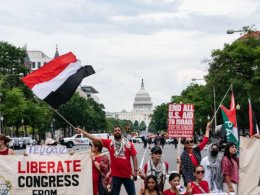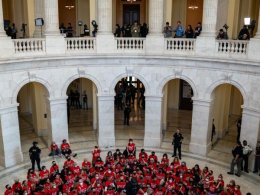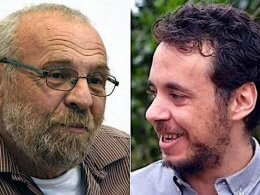At their historic summit in the Israeli Negev town of Sde Boker on Monday, the top diplomats of Israel, the US and four Arab nations announced that the conference would be the first iteration of a permanent regional forum, as they reaffirmed the importance of growing ties between Israel and the broader Middle East.
The foreign ministers of Israel, Egypt, Bahrain, Morocco, and the United Arab Emirates and the US secretary of state all condemned terrorism, a day after an attack in the city of Hadera in which two Border Police officers were shot dead.
The unprecedented gathering was widely seen as an attempt by Israel and its Arab allies to create a front against shared regional foe Iran. Israeli officials told reporters on the scene that the talks centered around creating a “regional security architecture,” among other issues.
At a joint press conference of all six diplomats following the meetings, Foreign Minister Yair Lapid told reporters that the so-called Negev Summit would become “a permanent forum.”
He said the confab was building “a new regional architecture based on progress, technology, religious tolerance, security and intelligence cooperation.
“This new architecture, the shared capabilities we are building, intimidates and deters our common enemies – first and foremost Iran and its proxies,” he said.
“They certainly have something to fear.”
Lapid stressed that all the guests at the summit condemned the attack.
“It was murder for the sake of murder, terror for the sake of terror,” he said.
The minister said that while the terrorists wish to sow disunity and prevent peace, “they will not succeed.” He pledged that he will continue on the “path of peace.”
US Secretary of State Antony Blinken lauded the summit, saying that “once-impossible things have become possible.”
Blinken praised the growing economic ties, solar energy deals, and diplomatic forums taking places across the region in recent months as a result of the normalization between Israel and Arab states.
Blinken pledged that the US will continue to support and help grow the accords, hailing “a new dawn,” and assured those present that the US would help its allies confront common enemies in the region, including Iran.
However, the US secretary of state was careful to stress that the accords are not a substitute for progress on the Palestinian front, and he promised to work to see Palestinian and Israelis enjoying “equal measures” of prosperity, dignity, and security.
Emirati chief diplomat Abdullah bin Zayed al Nahyan hailed the American role in helping the Sde Boker summit come to pass. He also called the conference a blow against the terror attack in Hadera.
Al Nahyan praised warming ties between Israel and the broader Middle East.
“It’s new for Abdullatif and Nasser and I to be in Israel,” al Nahyan said, referring to his fellow Arab foreign ministers. “Even though Israel has been in this region for a very long time, this is our first time. We haven’t known one another.”
Al Nahyan implied the need to correct history in long decades without relations. Egypt, he said, “showed us leadership 43 years ago” in legitimizing Israel — an Israel, he stressed, that “has been part of this region for a very long time.”
“We lost those 43 years,” he said, looking at Shoukry. Now, “we are just trying to follow your footsteps.”
Almost every visiting foreign minister, including Blinken, opened their remarks by condemning the terror attack in Hadera. The ministers had also condemned the attack as news of it reached Sde Boker on Sunday night.






